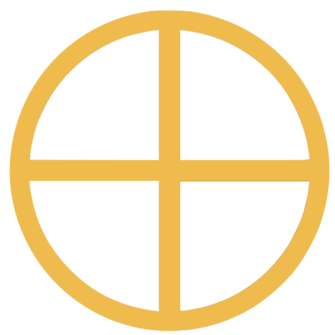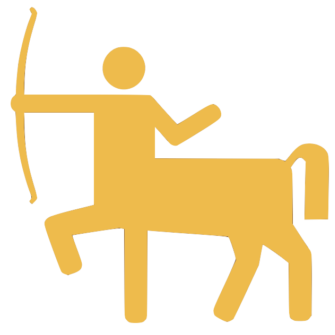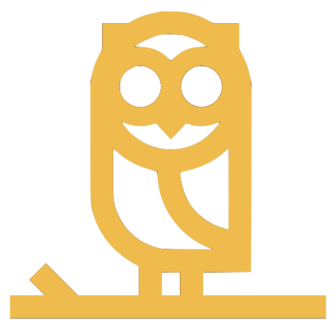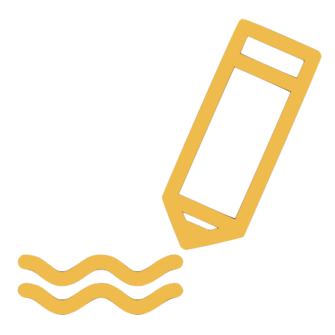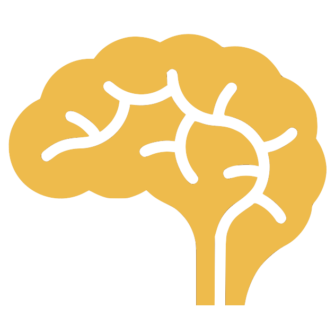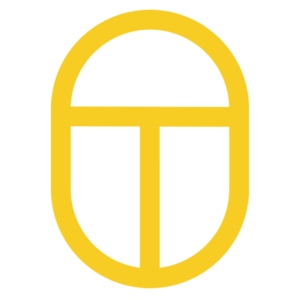How Planets Were Named: Matching Traits to Greek and Roman Gods
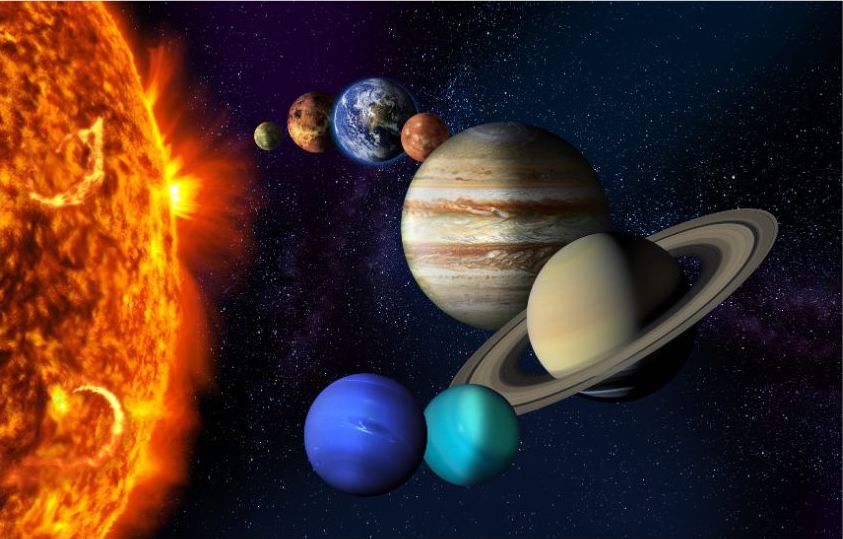
The Romans strategically named each planet in the solar system after their gods (and one Greek god), aligning the planets’ traits with those of the gods. Let’s find out how! Note: Uranus and Neptune were not named by the Romans (The Romans only knew of the first 5 planets – Mercury, Venus, Mars, Jupiter, […]
Poseidon, Greek God – Core Myths, Symbolism and Essential Facts
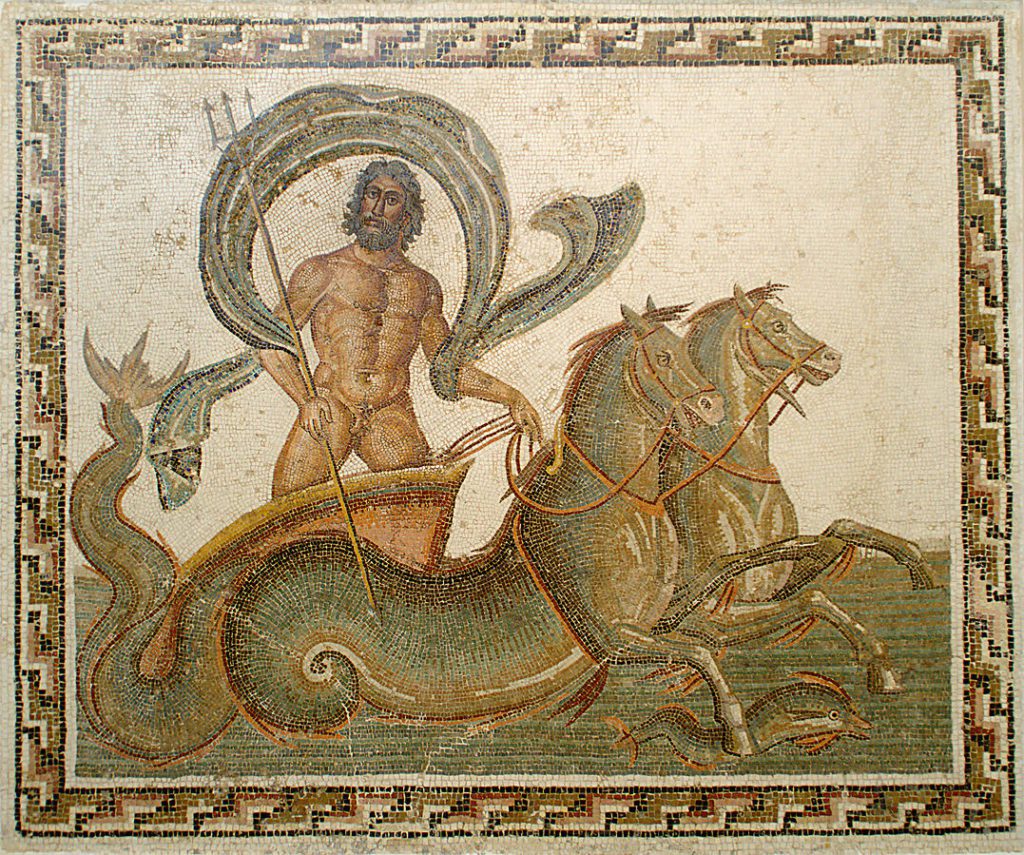
Poseidon is an Olympian god who holds dominion over the seas and governs earthquakes and storms. He is identified in the Roman world as Neptune. Explore all the crucial facts about this Greek sea god, including his historical origins, significant myths, author who depicted him, his symbolic significance, notable painting, and enduring influences. How […]
Greek Gods Cheat Sheet – Instantly Identify the Olympians
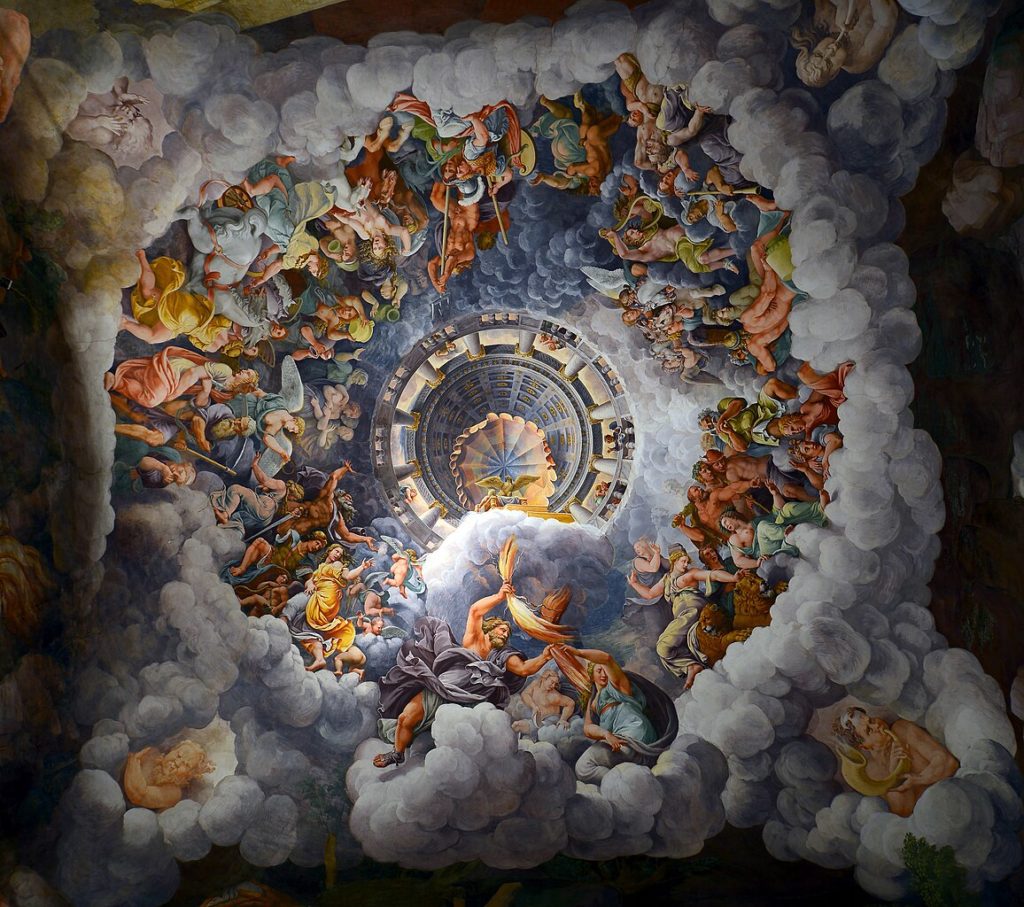
Even when you’re familiar with Greco-Roman mythology, it may be tricky to remember which Greek (or Roman) god is who. For example, would you be able to recognize the Olympian gods in the famous Renaissance painting above? (or here) Oh, they’re there, and they’re recognizable. You just need to know their characteristics and symbols. Here […]
Medusa, the Snake-Haired Gorgon – Sources, Summary and Analysis
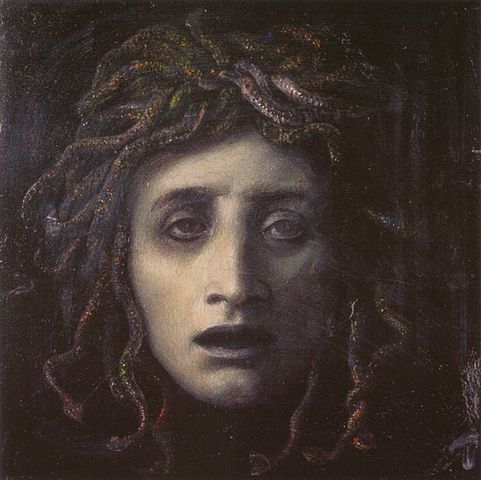
Key points of the myth of Medusa Medusa was once a beautiful maiden with long, lustrous hair. The sea god Poseidon, who desired her, raped her in the temple of Athena. The enraged Athena punished Medusa by transforming her hair into venomous snakes and cursed her so that anyone who looked directly at her […]
Automatons – the “A.I.” of Ancient Greek Mythology?
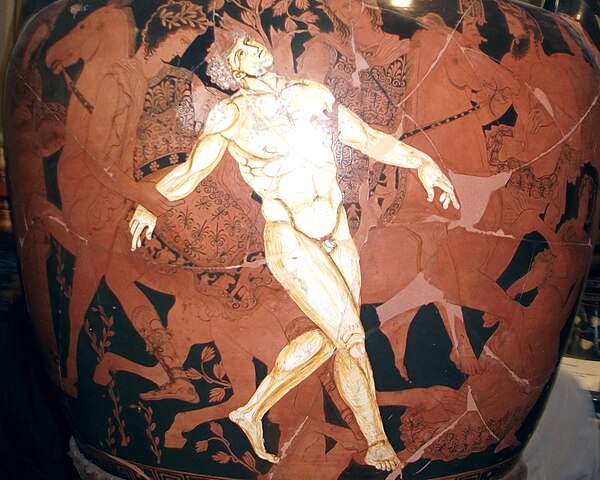
Automatons were lifelike machines designed to perform tasks such as protection, entertainment, or assistance. This is similar to the purpose for which we build AI today. Automatons were mentioned in Greek myths as early as the 8th century BC, during Homer’s time. The modern definition of automaton today is a self-operating machine made to imitate […]
Symbolism of the Rose Window: 5 Hidden Concepts Revealed
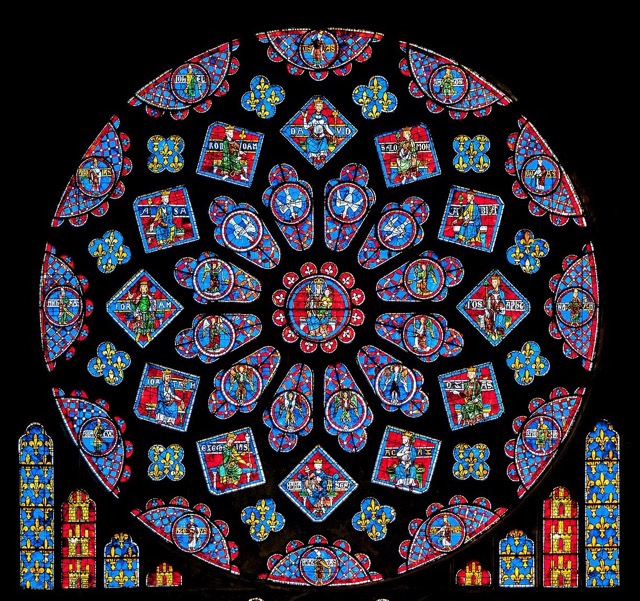
Origins of the Rose Windows The traditional rose window– the one with geometrical shapes spanning out from a centre, and made of stained glass – blew up in Gothic France. We’re talking about the 12th and 13th c. particularly in and around Paris. From there, the stereotypical rose windows spread throughout the world, starting with […]
Tricks to Instantly Recognize the 12 Greek Gods in Classical Art
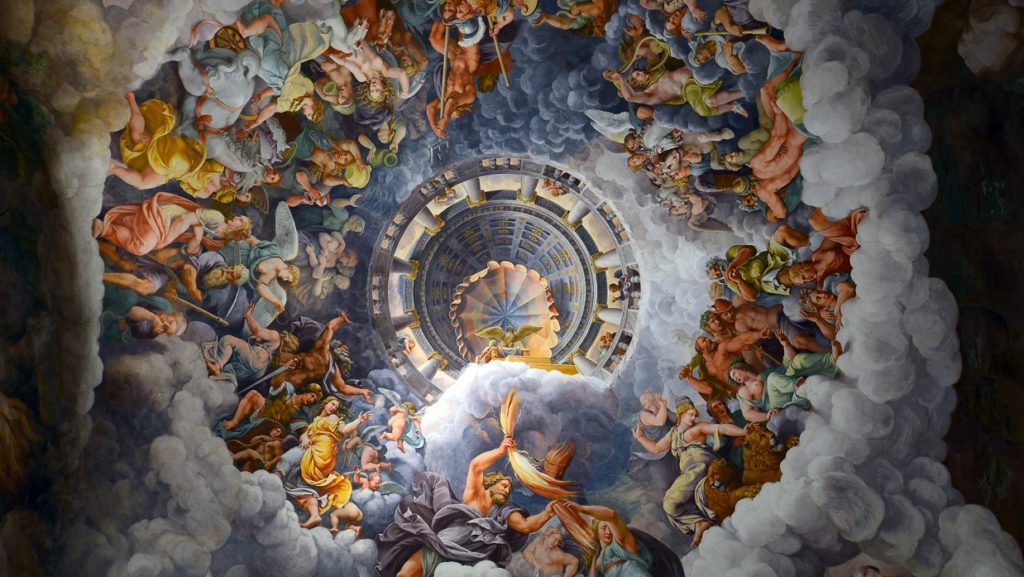
Although you’re familiar with greco-roman mythology, you may have a hard time recognizing each of the 12 greek gods on sculptures and classical paintings. There is a trick! Learn their symbols and characteristics, and you’ll be able to recognize them instantly on every piece of ancient art. Let’s begin with Zeus Roman counterpart: […]
Why 7 Days In A Week? Mystery EXPLAINED
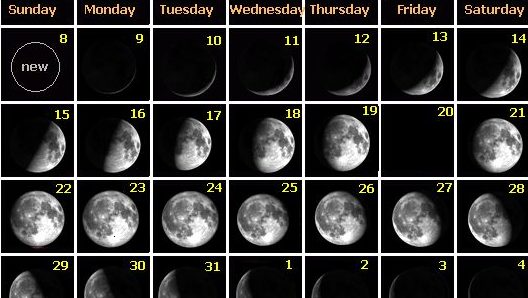
The making of the calendar All over the world, humans from as early as the Bronze age have been observing and recording nature’s cycles, and with it have created systems to organize time. Today you’d call this system a calendar. Calendars were not uniform across the world. The South Americans had their own calendar. The […]

